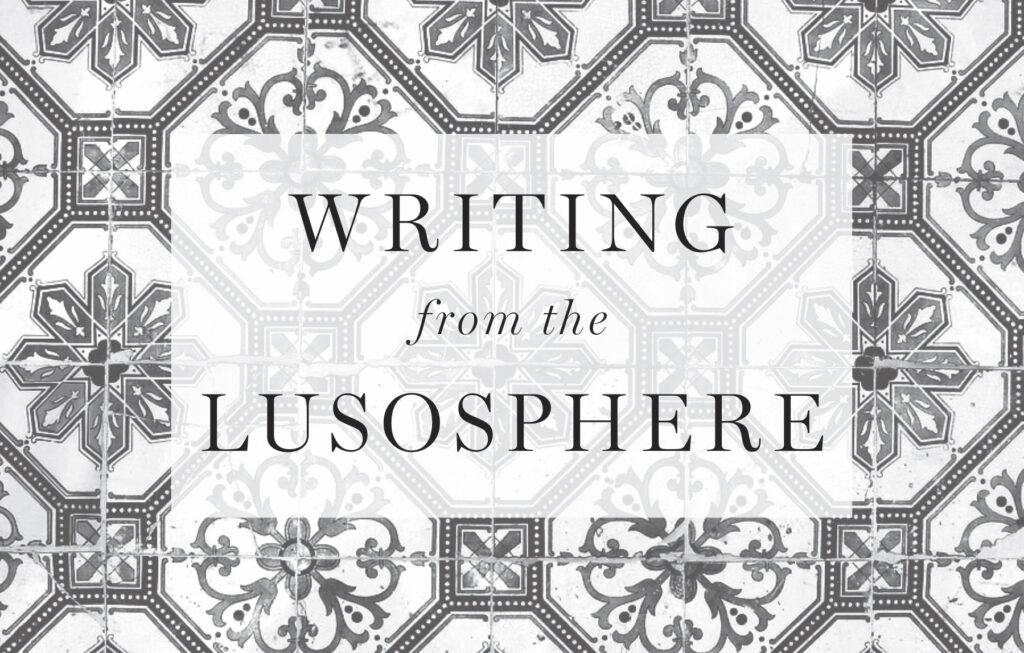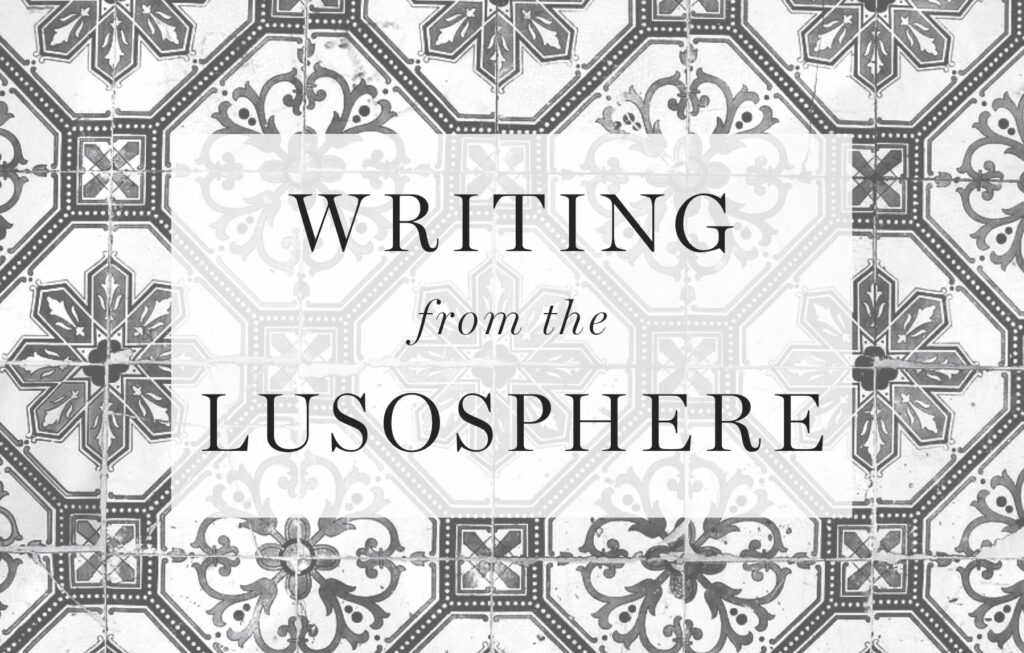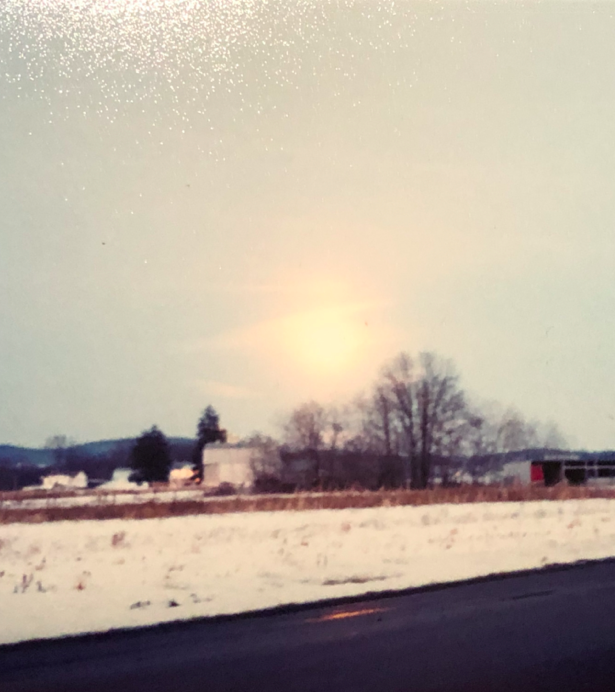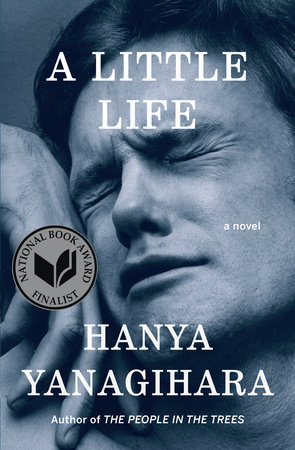Book by ODIE LINDSEY
Review by JULIA LICHTBLAU

Reading the three-page first chapter of Some Go Home, Odie Lindsey’s first novel and second book of fiction, I had the “hell, yeah” feeling I usually get after hearing a killer guitar solo.
Colleen, a traumatized veteran of the Iraq war, freshly “classified as pregnant” by the Memphis VA hospital and deeply ambivalent, decides to climb on her roof to clear off tornado-blown branches. She will smoke, get stung by a yellowjacket, slip and fall on what turns out to be a nest of crushed baby squirrels, stomp the lone, doomed squirrel survivor, and finish clearing the roof, all while her mind fights the preposterous novelty of motherhood.
The opening chapter’s funny-sad-tough portrait of no-kind-of lady morphs into an evocation of place—and the problem with this particular place, Pitchlynn, Mississippi:
She shut her eyes and listened to the tamped thump of hip-hop in the distance, and knew that just across the county road a group of boys communed around an old car with a new stereo… Black or White boys, or maybe both, cutting up and ditching school, doing the same thing their fathers had done, beneath the same scab of sun, a different soundtrack on the radio. So went the narrative in rural north Mississippi. For them, for her, for everyone, forever.
Pitchlynn is Colleen’s hometown, a place she left as a veteran and returned to, emotionally scarred from sexual assault, a past that gets its full due in the short story “Colleen,” from Lindsey’s collection, We Come to Our Senses. For readers like myself, whose mental map of the South is non-granular, the Mississippi state line is about fifteen miles south of Memphis.
In Some Go Home, Lindsey, a Southerner and veteran, tackles the South and PTSD, two themes of We Come to Our Senses, in which race wasn’t a major focus. But here the South or Southern-ness encompasses White supremacy and PTSD harkens back to slavery. The novel is a complex orchestration of three non-chronological narratives told from multiple points of view. They don’t converge on a singular plot resolution. But they do sum up Pitchlynn. One rich family hanging onto most of the cards. Blacks and whites barely interacting, except via the prison system. Family ties that are, if anything, terrifying.
Colleen’s narrative takes us through pregnancy and birth; detours back to her return from Iraq; self-medication; recovery; a raucous stint as a local beauty queen—the Strawberry Maiden; and the dogged, funny courtship of Derby, Colleen’s husband. Colleen’s antics and debates with herself over gender roles—though she’d never use such a fancy-ass professor term for headbutting—make her the most endearing character of the novel and the one I voted most likely to beat the past at its nasty game of holding a person down till they give up.
More witness than actor in the novel—and his life—Derby connects Colleen’s narrative to the other two. He wants to be a good husband and father to his twins, which is more ambitious than it sounds, given his heritage. His estranged father, Hare, an embittered veteran and sharecropper, is being re-tried for the murder of Gabe, a Black man, in 1964. Hare had earlier escaped conviction thanks to a hung jury and a passive prosecutor.
Zig-zagging through time, the Gabe/Hare story takes us from Gabe’s grandfather, who bought his land after Reconstruction, to Gabe’s refusal to follow his wife and daughter north out of devotion to the land. We see the town gentry enlist Hare in a plot to take Gabe’s land for a country club with instructions to “do whatever it takes”; we see the run-up to the new trial through Doc, Gabe’s son-in-law and Hare’s prison guard, a role that torments Doc, as he tries to reconcile his function and his wife’s craving for justice for her father. Doc’s wife, too, suffers from PTSD.
Although Hare claims to the end that he wasn’t the murderer, there’s no shortage of motive.
Hare’s reward is his own land.
After the first trial, Hare devoted himself to harassing Black neighbors and spurring drunk White men to a racist frenzy in front of a cinder block wall he and supporters constructed behind his house, making his backyard into a meeting ground, which he called a “Platz,” inspired by Nazi monuments he saw during his wartime service in Germany. This scene was Derby’s childhood.
The Gabe/Hare saga is the most complex and fraught thread, by virtue of its dissection of racial brutality. It’s also the most beautifully written. In prose that reminded me of Robert Penn Warren’s All the King’s Men, Lindsey deploys the nuances of dialect—poor white, rich white, poor black—to reveal the depravity of rich whites and the desperation of poor ones. Here’s Mr. Wallis, the town’s big man, needling Hare with the skill of a practiced torturer:
“How’s that feel, Harold? Your dear wife, Syl, is still dressed in feed sack, like her mama would’ve worn? You boy startin’ the county school, instead of bein’ up to the new Christian academy with his own kind? My Susan George is in class there.”
He moves on to flattery, before dangling the bait: “I’m suggesting you be awarded a bit more stake, for a bit more work. For instance, the ability to obtain some of your own land?”
Land is security, food, honor, pride. Gabe, a Black man, has all of that. Worse, Hare knows that his wife admires the man.
Hare speaks in a humble, somewhat schooled way to his social betters. At home, he sounds like this: “They say, and I do. Then I say, and you do. Ain’t no way around it, lest you want to move again… Cause they ain’t but a handful of farms still left to work on shares.”
In a surreal side plot, Sonny, Hare’s son with Sylvia—aka Syl, his then-wife—flies down in a small plane from Chicago hoping to exculpate his father, but he crashes and slowly dies, hallucinating about his childhood. Sonny never talks, but we are privy to his memories, which reveal that in her desperation to leave Hare, Sylvia asked Gabe to drive her and Sonny to the train to Chicago, knowing her departure would give Hare a pretext to kill Gabe.
The third thread centers on Derby’s boss, JP, who has moved with his infant daughter from Chicago to take over his late wife’s property, a mansion featuring a colossal magnolia with which the town hopes to brand itself as a destination. The mansion was moved from the old Wallis farm to make way for the country club after Gabe’s land was taken. JP’s provocative renovation plans pit him against his wife’s aunt Susan George Wallis—daughter of the odious Mr. Wallis—who drove her niece to suicidal depression by blaming her for the accidental death of her cousin. Susan has set herself up as the preserver of the town’s Southern charm. She is domineering, petty, short on self-knowledge, long on self-pity, and unable to empathize with her late niece or JP. JP’s need for retribution against Susan for her cruelty to his wife eventually drives him and Derby, who is committed to staying in the town, apart.
Some Go Home is a deep and complex book. The fractured structure makes it easy to miss clues. On first reading, the narratives seemed too condensed to me. I felt as if I were trying to piece together each character’s truth from incomplete impressions. But on re-reading, the missing pieces often turned up in unexpected places. A rich reward for an inattentive first reading, perhaps.
Lindsey is in the scrum with the major Southern writers—from Faulkner on—seeking to understand the region’s pathologies and strengths. At the same time, this book feels very much of the moment in its frank depiction of poor whites (Hare is a proto-Trumpist, if there ever was one), as well as its treatment of woman veterans. Lindsey doesn’t paste a happy ending on any of his characters’ lives. But he does grant them moments of grace. Colleen, incurably restless soldier/mother, finds a way to leave without abandonment, and Derby, living “different, only in the exact same place, rehabbing family,” finds a non-toxic way of being Southern.
The book’s title is borrowed from a song by Jerry Jeff Walker, in which a singer who “can’t go home” observes, pities, and envies other people on a train who are going home. “That train’s just movin’ on down the line/Leavin’ people who ever did fall behind/And I wanna begin somewhere/But for me there’s nothing true out there/So I go down the line.”
Pitchlynn is full of people like the ones in Walker’s song, falling behind, beginning again, doubting everything they do. Some leave, and some, like Colleen, make it home, for a while, anyway.
Julia Lichtblau’s essays, criticism, and fiction have appeared in American Fiction, The American Scholar, Commonweal, The Common, Blackbird, Narrative, The Florida Review, and elsewhere. She was book review editor of The Common for seven years, taught writing about business and the economy at Drew University, and was a reporter and editor in New York and Paris for BusinessWeek and Dow Jones. She has an MFA in Fiction from Bennington College.



 This interview is the third in a new series, Writers on Writing, which focuses on craft and process. The series is part of The Common‘s 10th anniversary celebration.
This interview is the third in a new series, Writers on Writing, which focuses on craft and process. The series is part of The Common‘s 10th anniversary celebration. Kritika Pandey
Kritika Pandey













